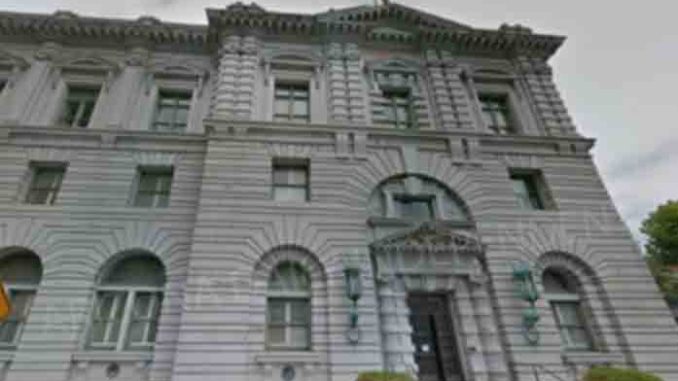
A Phoenix man whose application for an air traffic controller job was rejected several years ago can continue his quest for records he contends show an Federal Aviation Administration (FAA) employee helped some applicants cheat, but he cannot be told his own test score, a federal appeals court recently ruled.
Jorge Alejandro Rojas has been battling the FAA to obtain public records related to a hiring activity called a Biographical Assessment implemented by the agency in 2014. His application was turned down at the time when he failed the assessment, which contained questions unrelated to proficiencies or skills necessary to perform the duties of an air traffic control specialist.
Rojas filed several Freedom of Information Act (FOIA) requests in 2015 seeking records of his assessment score, the assessment process, and an FAA employee’s involvement in a cheating scandal reported by national media. He filed a lawsuit later that year in the U.S. District Court of Arizona alleging the FAA violated FOIA by withholding hundreds of records about the assessment requirement.
In January, the Ninth Circuit Court of Appeals overruled part of a federal judge’s ruling that dismissed Rojas’ FOIA challenge in 2017. According to the appellate opinion, Senior Judge Stephen McNamee “provided little explanation” to support his ruling that the FAA need not release 202 messages sent or received by the FAA employee named in the cheating scandal.
The appellate opinion orders McNamee to reconsider whether those messages are exempt from public release.
However, the court of appeals ruled McNamee was correct in ruling Rojas is not entitled to records of his own score or the minimum required score. Such testing materials and documents related to “internal personnel rules and practices of the FAA” are exempt from release, the opinion reads.
The FAA now has until April 13 to revoew the disputed records in light of the Ninth Circuit opinion and provide Rojas an index of any records the agency continues to contend are not releasable. Rojas will then have two weeks to renew any objections.
McNamee is expected to issue a new ruling on any remaining disputed records in August.
Court records show Rojas enrolled in a FAA-accredited training program that usually ensured a successful graduate would secure a controller position. He applied in 2014 for an air traffic controller position right as the FAA was revamping its hiring process in an attempt to create a more diverse workforce.
All applicants would have to pass a 62-question Biographical Assessment in order to take the Air Traffic Selection and Training Examination that tested their ability to perform the job. Only 10 percent of applicants passed the assessment, according to the FAA.
Upon learning he failed, Rojas filed several FOIA requests related to the new process. The FAA released more than 1,000 records to him, but withheld hundreds of other records, including the 202 records related to the FAA employee in the cheating scandal. It appears some of those records were connected to the employee’s personal email account.
Over time Rojas was given access to additional records, even after he filed his lawsuit in 2015. However, the 202 messages continued to be withheld.
Rojas’ lawsuit was dismissed in September 2017 after McNamee ruled the withheld records were unrelated to “the mission of the FAA.” Rojas appealed to the Ninth Circuit Court of Appeals which took up the case in 2019.
In its January opinion, the Ninth Circuit ruled Rojas “had carried his burden” of showing the privacy interests of FAA employees “is outweighed by the robust interest of citizens’ right to know” about the government’s changes to the FAA hiring process.
The opinion also noted “a reasonable person would believe” some type of impropriety or misconduct was involved with the FAA’s new assessment requirement.
Rojas is represented by attorney Michael Pearson, while the FAA is represented by the U.S. Attorney for the District of Arizona.
